Katy Perry Boasts About Ridiculous Rocket Launch While NASA Is Scrubbing History of Women in Space
Upon returning to Earth on Monday following her 11-minute into Earth's outer atmosphere onboard a Blue Origin spacecraft, the pop star Katy Perry — still in her blue Monse flightsuit, and in full glam — told reporters that her brief adventure in low orbit was for "future women." And "Earth." Or both, we guess? "It's about making space for future women and taking up space and belonging. And it's about this wonderful world that we see right out there and appreciating it," said Perry, explaining that she sang Louis Armstrong's "What a Wonderful World" whilst in orbit onboard the Blue Origin's […]


Upon returning to Earth on Monday following her 11-minute trip to Earth's outer atmosphere onboard a Blue Origin spacecraft, pop star Katy Perry — still decked in her custom blue flightsuit and full-coverage glam — told reporters that her brief adventure in low orbit was for "future women." And "Earth." Or both, we guess?
"It's about making space for future women and taking up space and belonging," Perry gushed, explaining that she sang Louis Armstrong's "What a Wonderful World" whilst in orbit onboard the Blue Origin's New Shepard. "And it's about this wonderful world that we see right out there and appreciating it."
"This is all for the benefit of Earth," she added.
Perry's word salad is, in part, a callout to the six-person flight crew's all-woman makeup, which has been central to the spectacle's framing. That's not an accident: the flight was organized by Lauren Sánchez, the former news anchor and helicopter pilot best known today as fiancée to Blue Origin's founder and the world's second-richest man Jeff Bezos, with Sánchez cryptically telling Vogue back in 2023 that the mission — then still in its nascency — would be "paving the way for women." (It was later revealed that Sánchez would be joined by Perry; the journalist and broadcast personality Gayle King; film producer Kerianne Flynn; civil rights activist Amanda Nguyen; and Aisha Bowe, a former aerospace engineer for the National Aeronautics and Space Administration.)
To be clear, Monday's flight didn't mark the first time that a rocket made it out of Earth's atmosphere without a man onboard. That honor belongs to Valentina Tereshkova, the Russian cosmonaut who became the first woman in space after making a solo trip into the cosmos back in 1963. And while all these women are certainly accomplished in their respective fields, there's an insidious hollowness to the sweeping characterization of the flight as a great achievement for women that's somehow paving roads for aspiring future space travelers — particularly by Perry and Sánchez — that's deeply, and cynically, at odds with the way that new federal mandates about diversity policies are actively working to erase women's legacy in American space exploration.
As has been widely reported, NASA has been incredibly hard-hit by the Trump Administration's chaotic and widespread attacks on what it refers to as diversity, equity, and inclusion (DEI) policies. Last month, the Orlando Sentinel first reported, NASA scrubbed language from a webpage about the agency's Artemis missions declaring that a goal of the mission was to put the first woman and first person of color on the Moon; just a few days later, NASA Watch reported that comic books imagining the first woman on the Moon had been deleted from NASA's website.
A webpage for "Women at NASA" is still standing, but pictures of women and people of color — astronauts, engineers, scientists — have reportedly been removed from NASA's real-world hallways amid the so-called "DEI" purge. Per Scientific American, the word "inclusion" has been removed as one of NASA's core pillars. And as 404 Media reported in February, NASA personnel were directed to remove mentions of women in leadership positions from its website.
These purges haven't just impacted the hard-earned visibility for women and minorities at NASA and across the American space sciences, whose work has been integral to the furthering of American space exploration. As The Verge reported last month, the administration's anti-DEI mandates — which intersect with ongoing confusion and chaos around federal funding cuts and layoffs, scientific censorship, and attacks on universities and research institutions — are wreaking havoc within the American space science landscape at large, threatening to make missions to space less safe.
"The 1986 Challenger disaster — in which seven crew members were killed when their Space Shuttle broke apart shortly after launch — was directly linked to a homogeneity of thought among NASA personnel," wrote acclaimed space journalist Georgina Torbett for the Verge. "The agency's lack of diverse perspectives fed into the tendency toward groupthink that contributed to the disaster, while research has shown that more cultural and ethnic diversity in groups leads to more creative and higher quality ideas — and lower risks for space missions."
Though Blue Origin and its most famous flyers repeatedly promoted the 11-minute journey as a push to get a diverse mix of young people interested in the sciences and achieving their dreams — Perry, for her part, told Elle Magazine for a pre-launch cover story that she hoped the trip would "inspire a whole new generation and make space and science glam" — nothing about the flight was particularly scientific or boundary-pushing. This was Blue Origin's eleventh successful space tourism flight. And while two of the flight's crewmembers do have backgrounds in STEM, as Amanda Hess noted in The New York Times, the crew's "central mission" wasn't to conduct science but "to experience weightlessness, view the Earth from above, and livestream it."
"They are like payload specialists," Hess wrote, "with a specialty in marketing private rockets."
And then there's Blue Origin's founder, to which the supposedly historic all-women crew is inextricably linked. On the same day that president Donald Trump issued the executive order that caused NASA to erase its declaration that it would soon put a diverse group of astronauts on the Moon, and peel images celebrating the diversity of its spacefarers and scientists from its walls, Bezos stood — alongside several other billionaire Big Tech CEOs, together on prominent display — behind the returning commander-in-chief. (Several months before, Bezos, who owns The Washington Post, killed the paper editorial board's endorsement of then-vice-president Kamala Harris for president, and has since reorientied its opinion pages in "support and defense of two pillars: personal liberties and free markets.") Next to him was Sánchez, the only partner of a tech CEO to visibly occupy the podium alongside their significant other. For the occasion, she wore suffragette white.
In case you're wondering, the space travelers didn't have anything to say about NASA's purge of material about women or the Trump administration's attack on science. Instead, speaking to Elle ahead of the flight, the crewmates discussed wearing makeup and doing their hair for the brief spaceflight.
"Who would not get glam before the flight?!" Sánchez told the magazine.
"Space is going to finally be glam," added Perry. "If I could take glam up with me, I would do that. We are going to put the 'ass' in astronaut."
In Perry's case, her vacant brand of empowerment feels sadly reminiscent of her recent refusal to address criticism of her decision to work with the music producer Łukasz "Dr. Luke" Gottwald on her latest album, including to produce an attempt at a feminist anthem titled "Woman's World." In 2014, fellow musician Kesha Sebert — of "TiK ToK" fame — filed a bombshell lawsuit accusing Gottwald of drugging and raping her shortly after she signed to his record label at the age of 18, and subjecting her to years of "mental manipulation" and "emotional abuse" thereafter (Gottwald quickly sued Sebert for defamation, and the two parties finally settled the case in 2023 after a decade-long legal battle.)
When asked about working with Gottwald for her recent album on the popular "Call Her Daddy" podcast, Perry didn't seem to think it was a big deal.
"Look, I understand that it started a lot of conversations," Perry meekly responded, adding that Gottwald "was one of many collaborators that I collaborated with."
As Hess notes for the NYT, over 100 women have gone to space since Sally Ride's historic 1983 flight; even so, women remain deeply underrepresented in astronomy and space exploration. And to that end, going to space for the good of all women, or the "benefit of Earth," or even to make science "glam," are much better stories than "a centibillionaire and his fiancée said I could go to space on their penis-shaped rocket, I wanted to go, and I wanted to look good for it."
At best, Perry and Sánchez are cosplaying in ChatGPT-generated feminism, searching for excuses to paint billionaire-funded space tourism as something more than what it was. At worst, though, their framing of their mission as a path-carving, glass-shattering step for women obfiscuates the very real attacks on women and minorities across the American sciences that threaten the legacy of the real women spacefarers and scientists who came before Sánchez, Perry, and company — and in turn, the direction of the young women who dream of furthering American space exploration in the future.
More on The Perry Flight: Chat Relentlessly Mocks Katy Perry's "Space Trip"
The post Katy Perry Boasts About Ridiculous Rocket Launch While NASA Is Scrubbing History of Women in Space appeared first on Futurism.

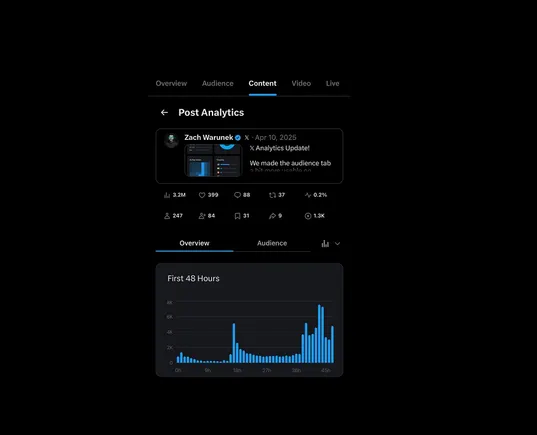



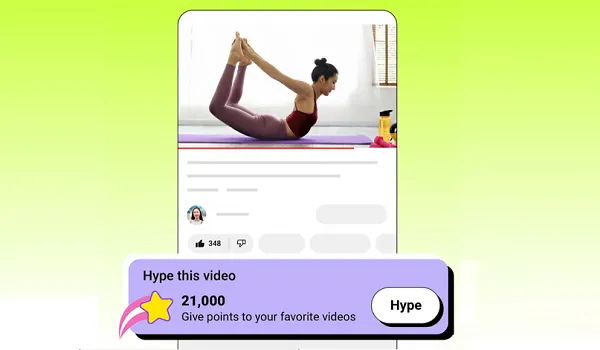
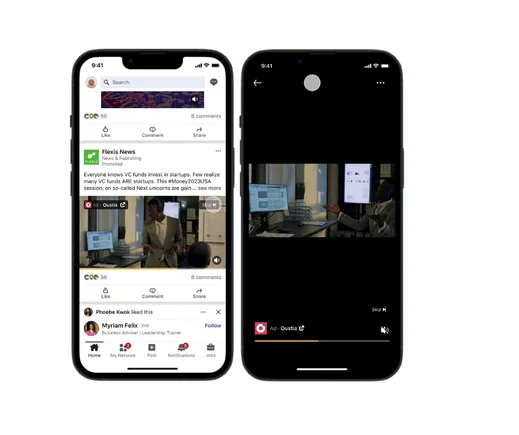



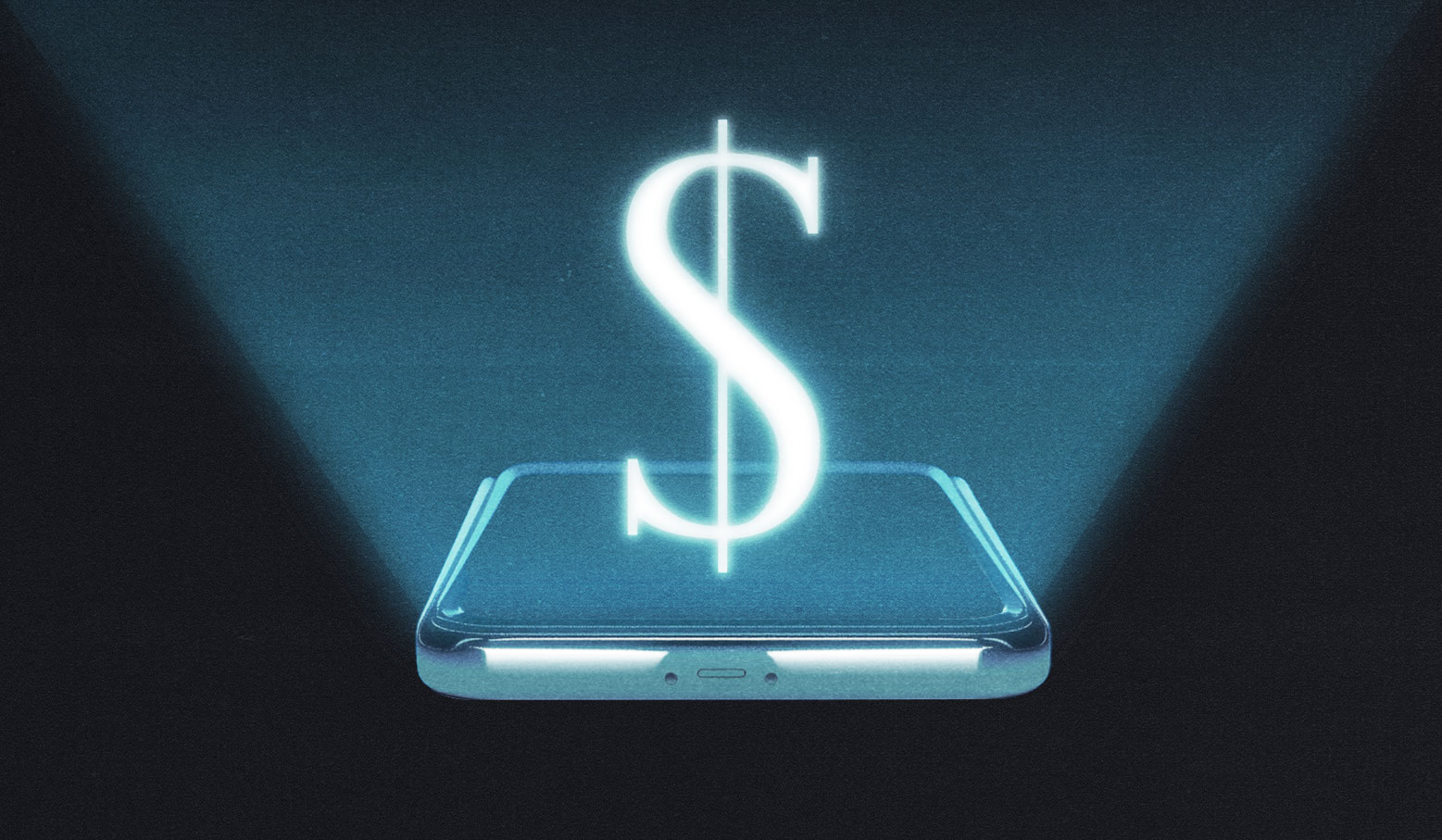




















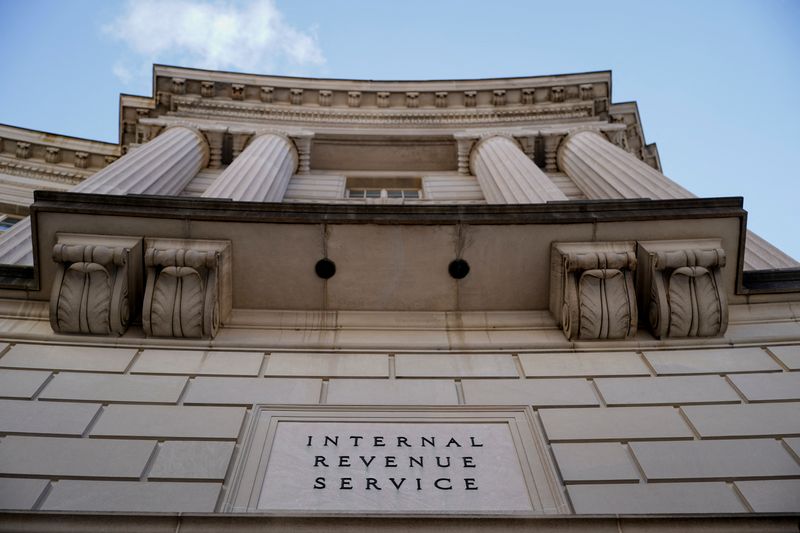
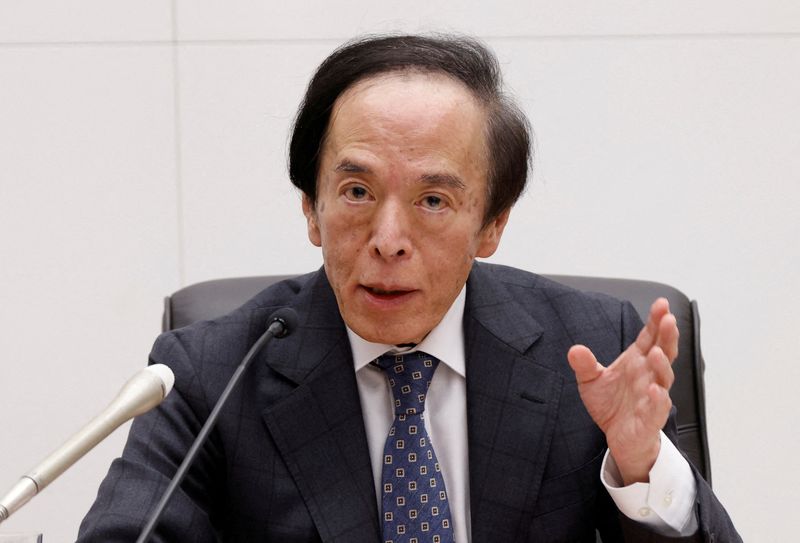






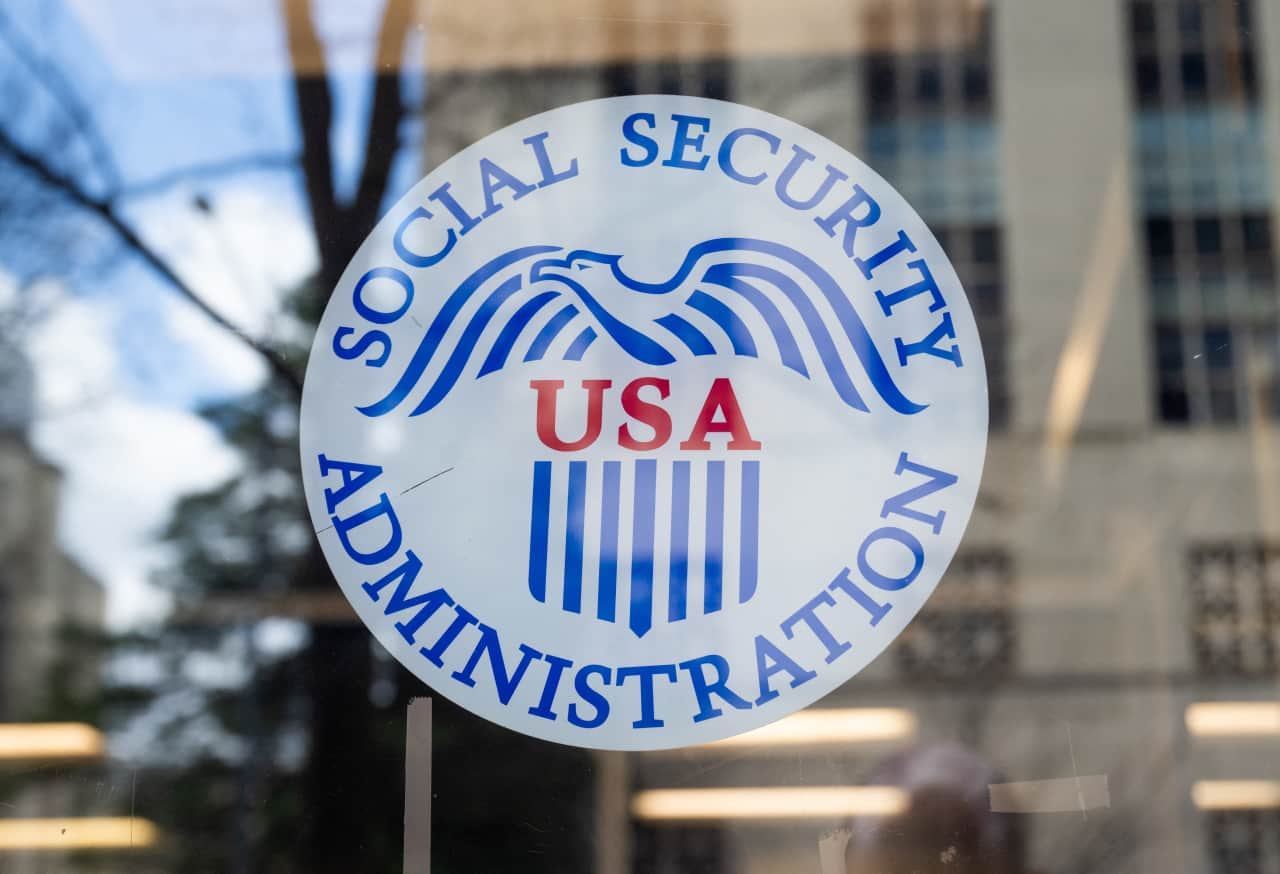

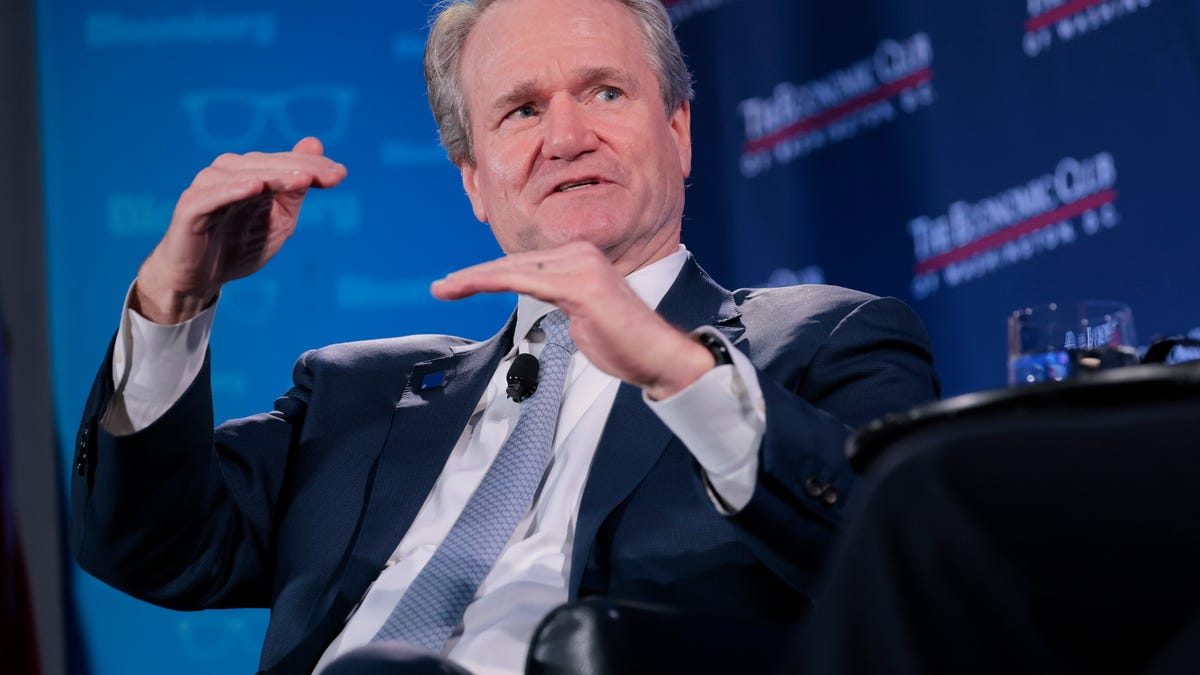
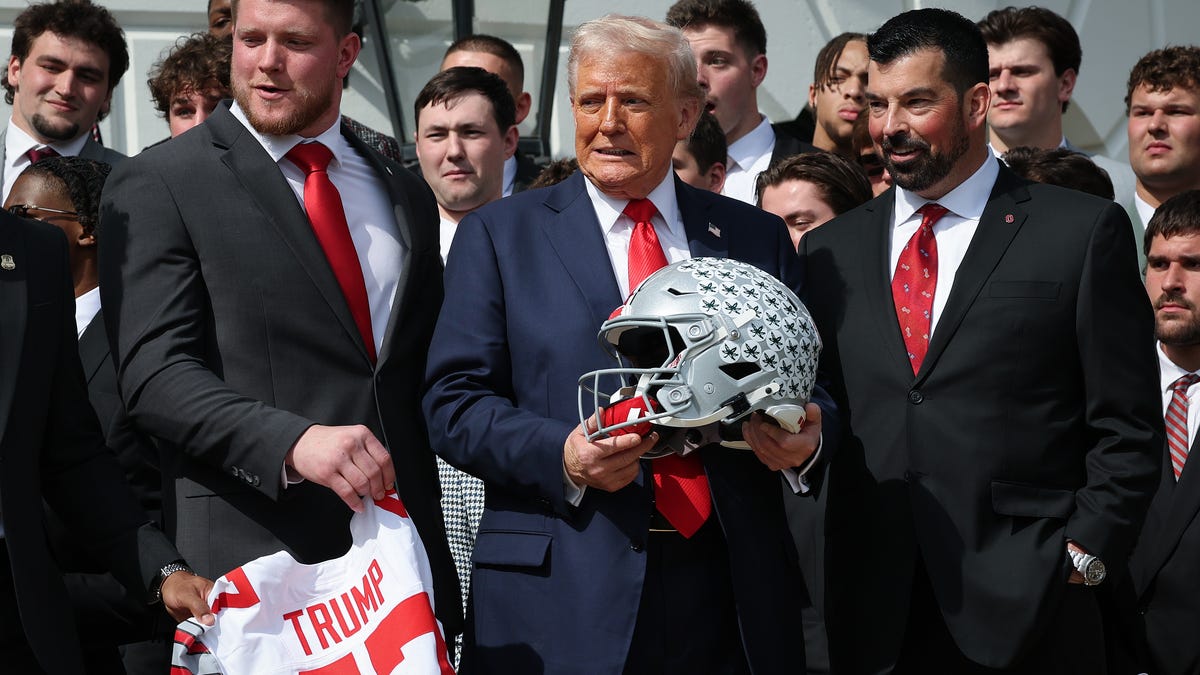
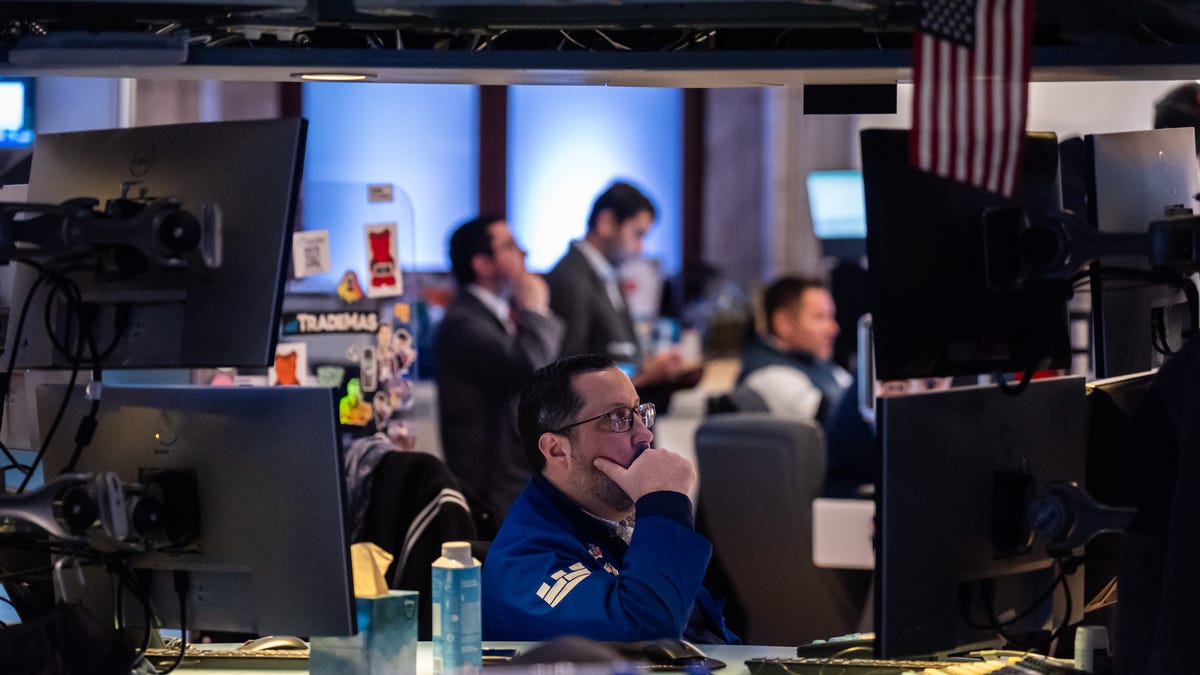
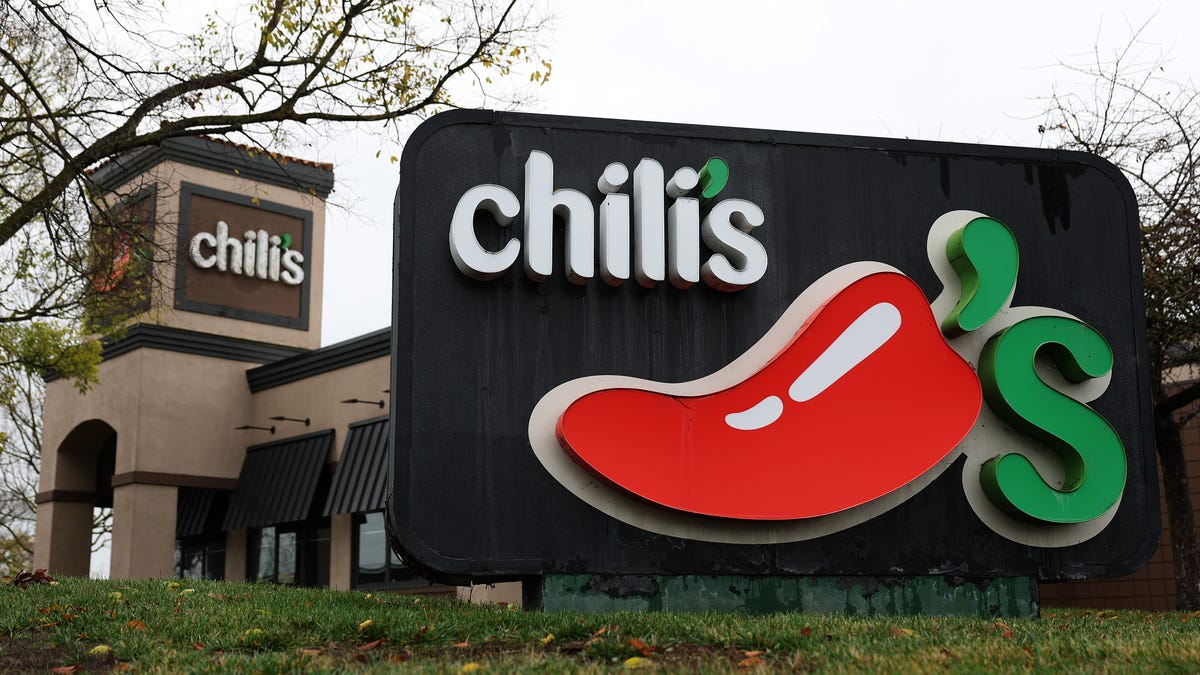

































































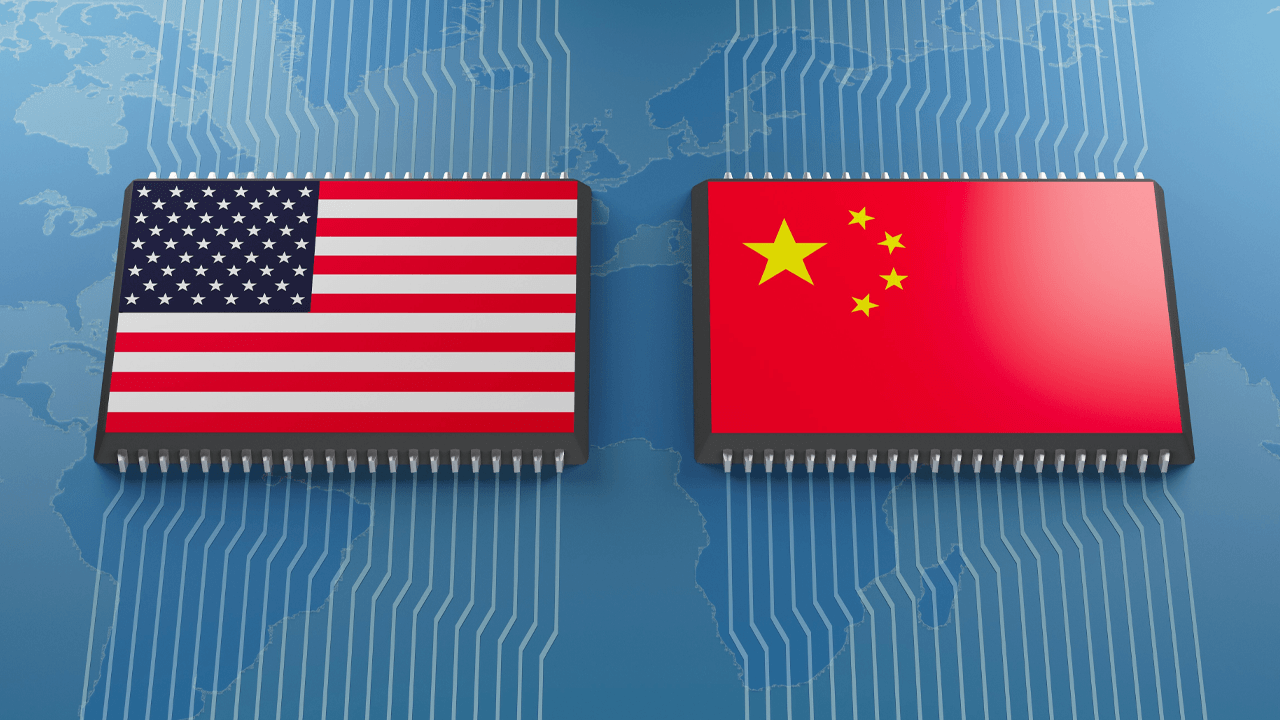






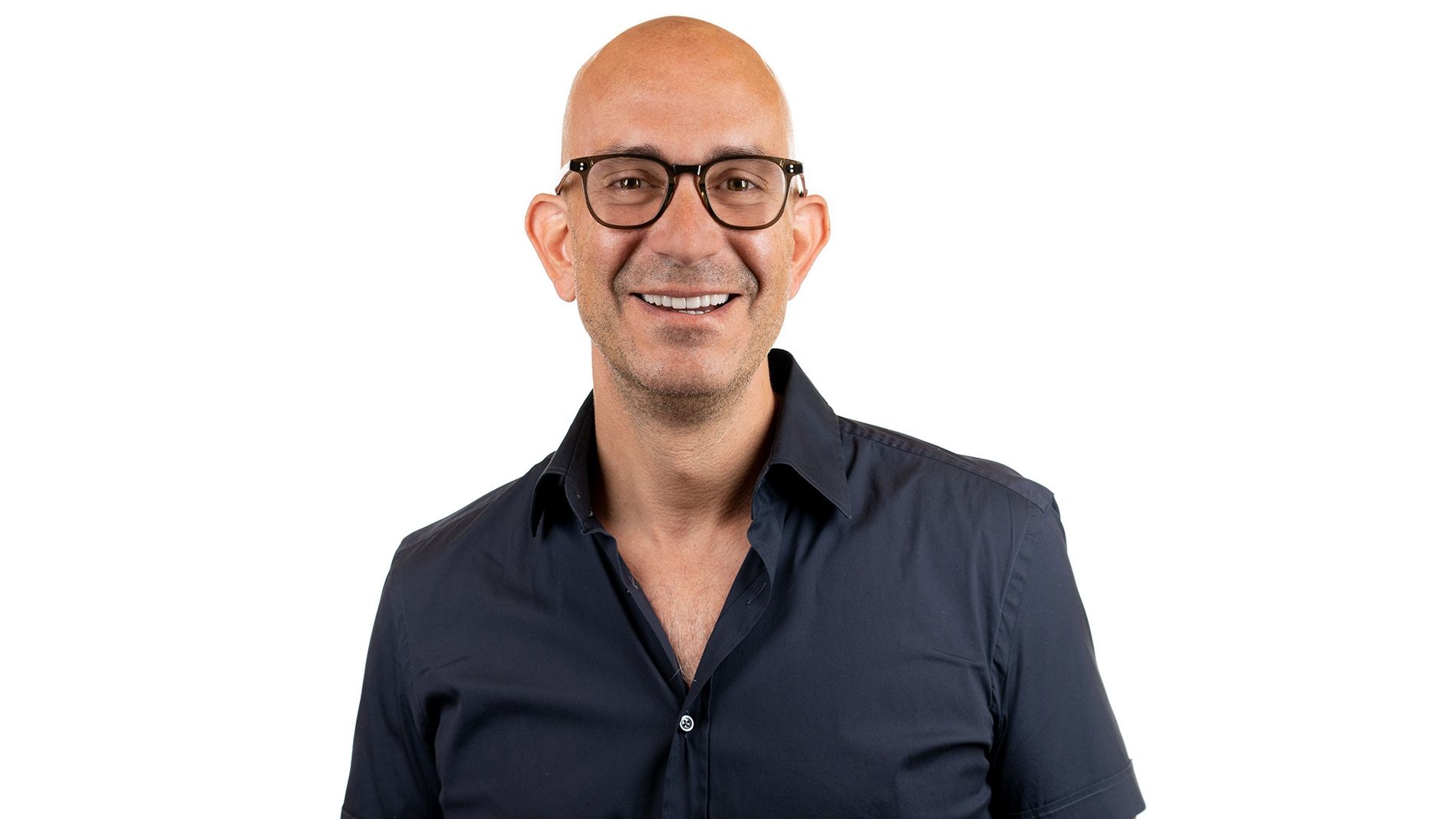
















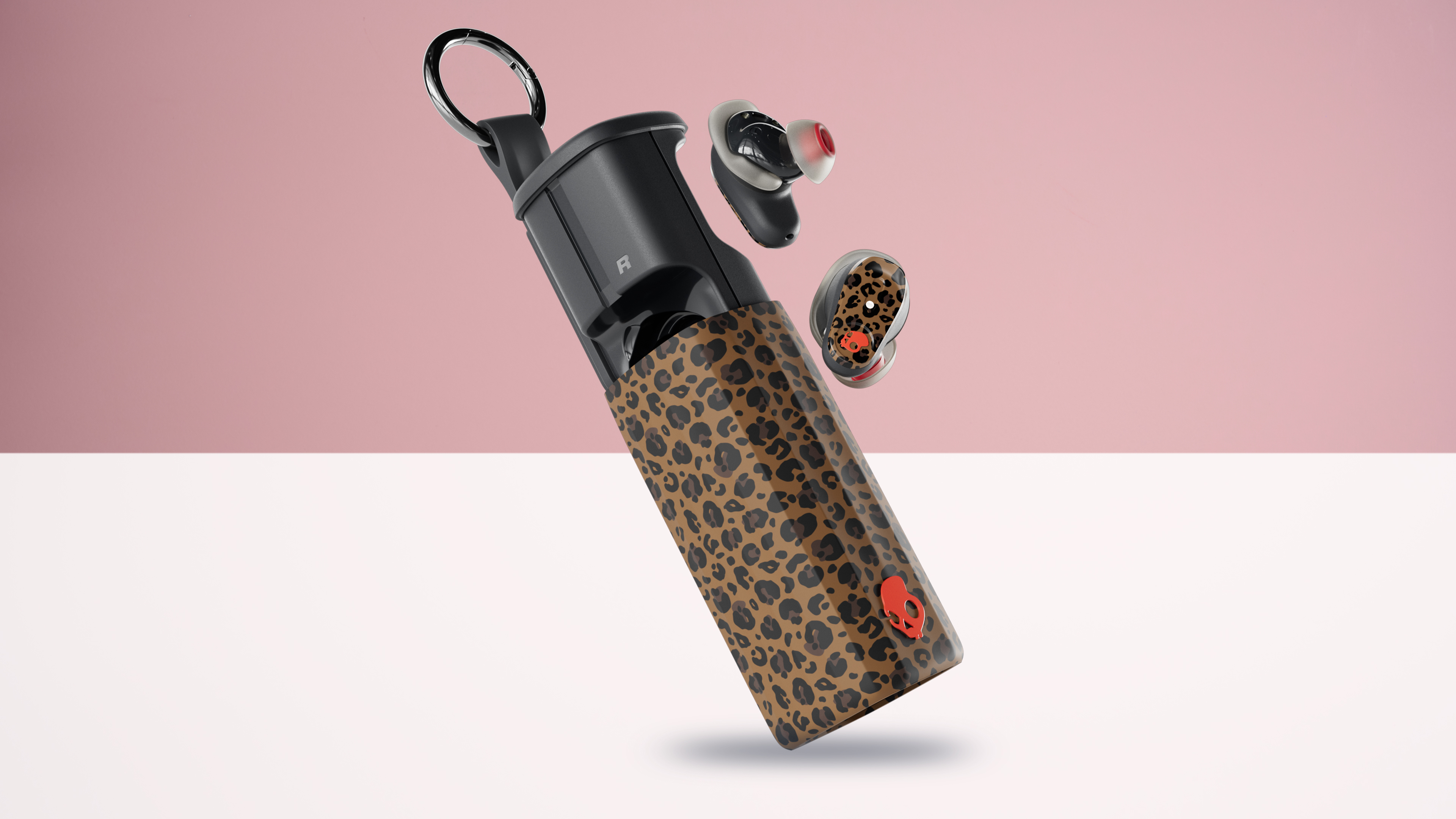
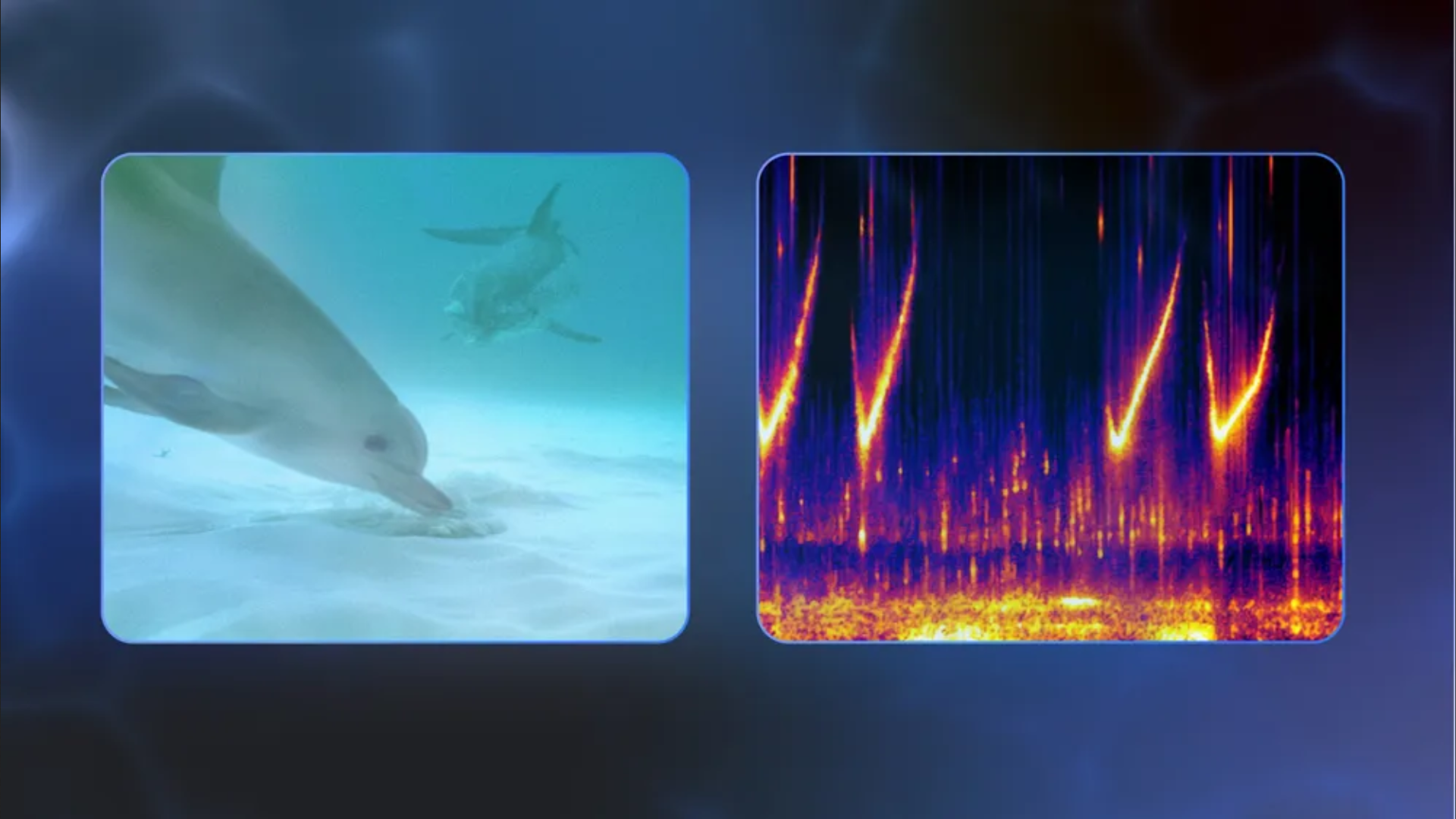
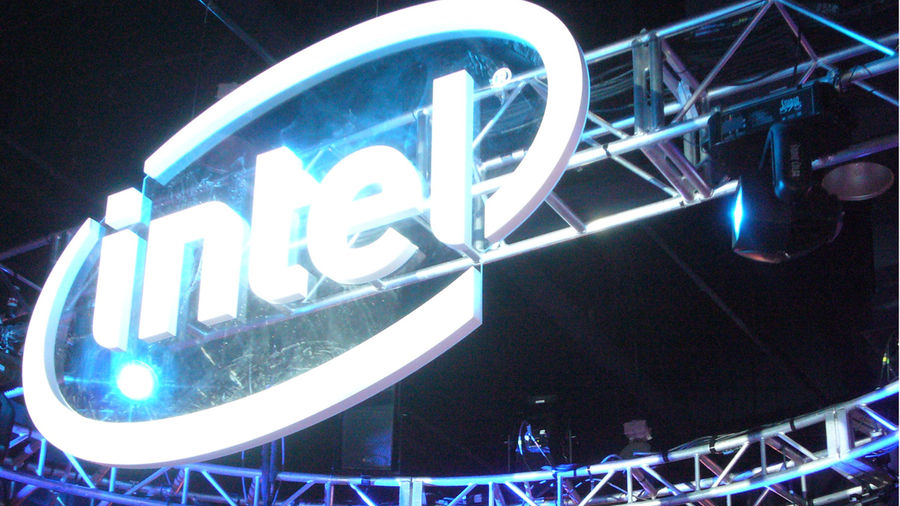



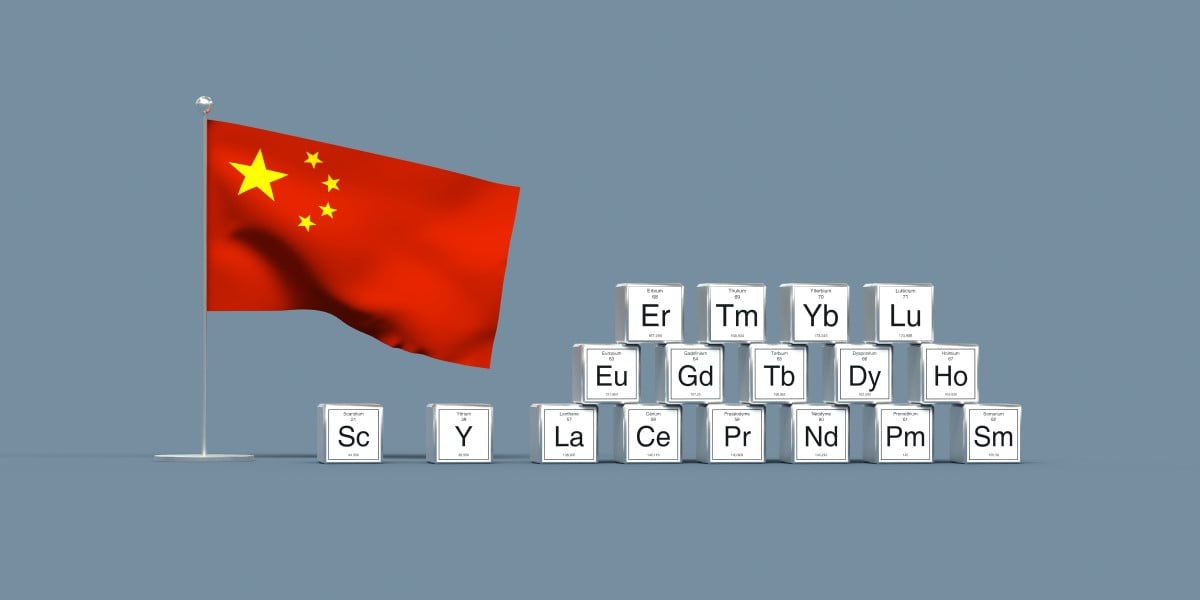

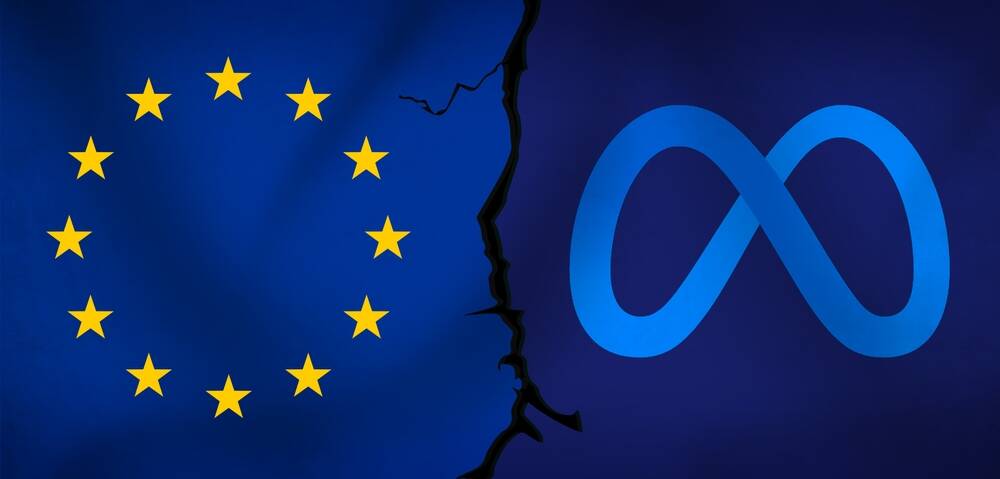












































![How to Find Low-Competition Keywords with Semrush [Super Easy]](https://static.semrush.com/blog/uploads/media/73/62/7362f16fb9e460b6d58ccc09b4a048b6/how-to-find-low-competition-keywords-sm.png)



